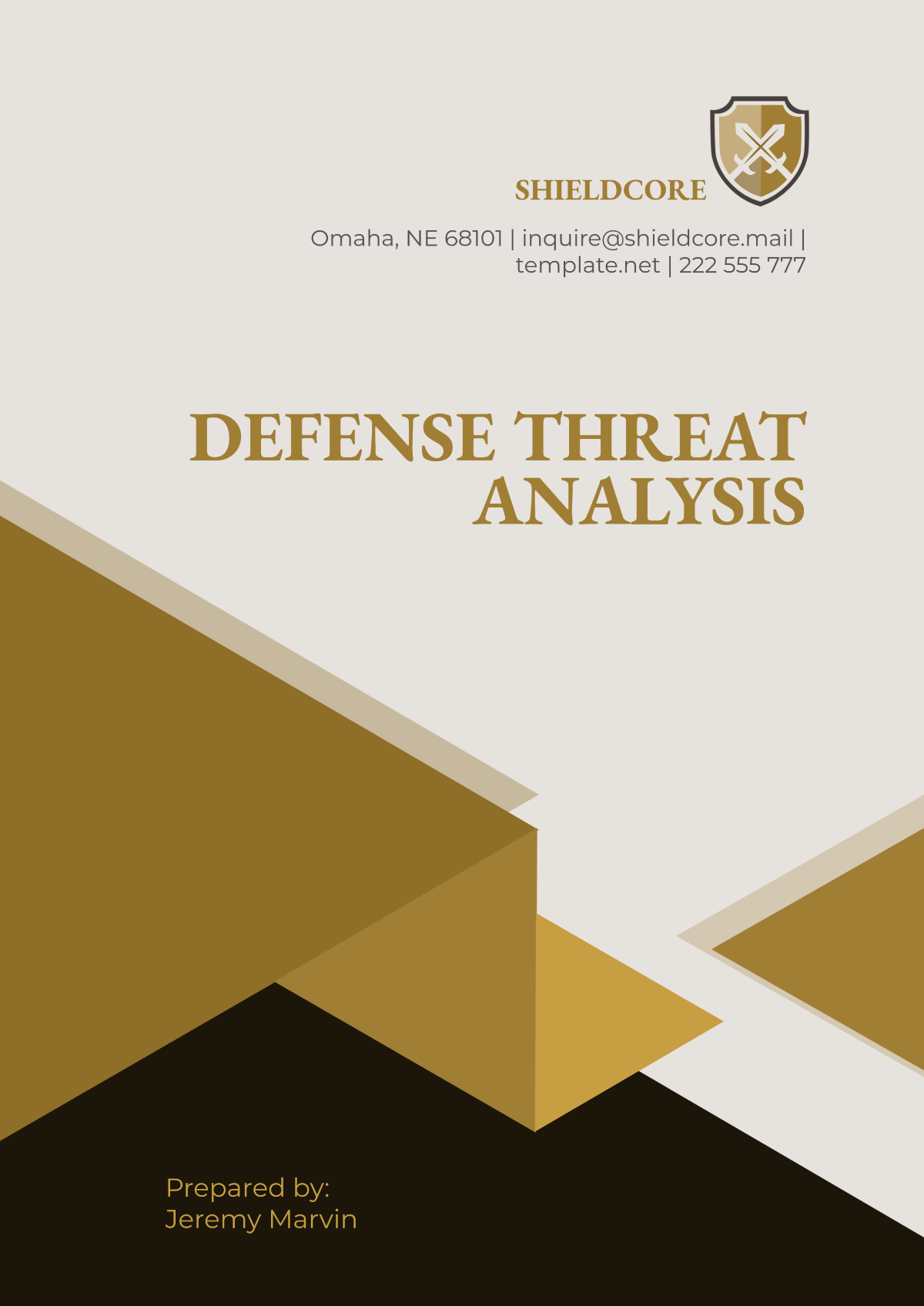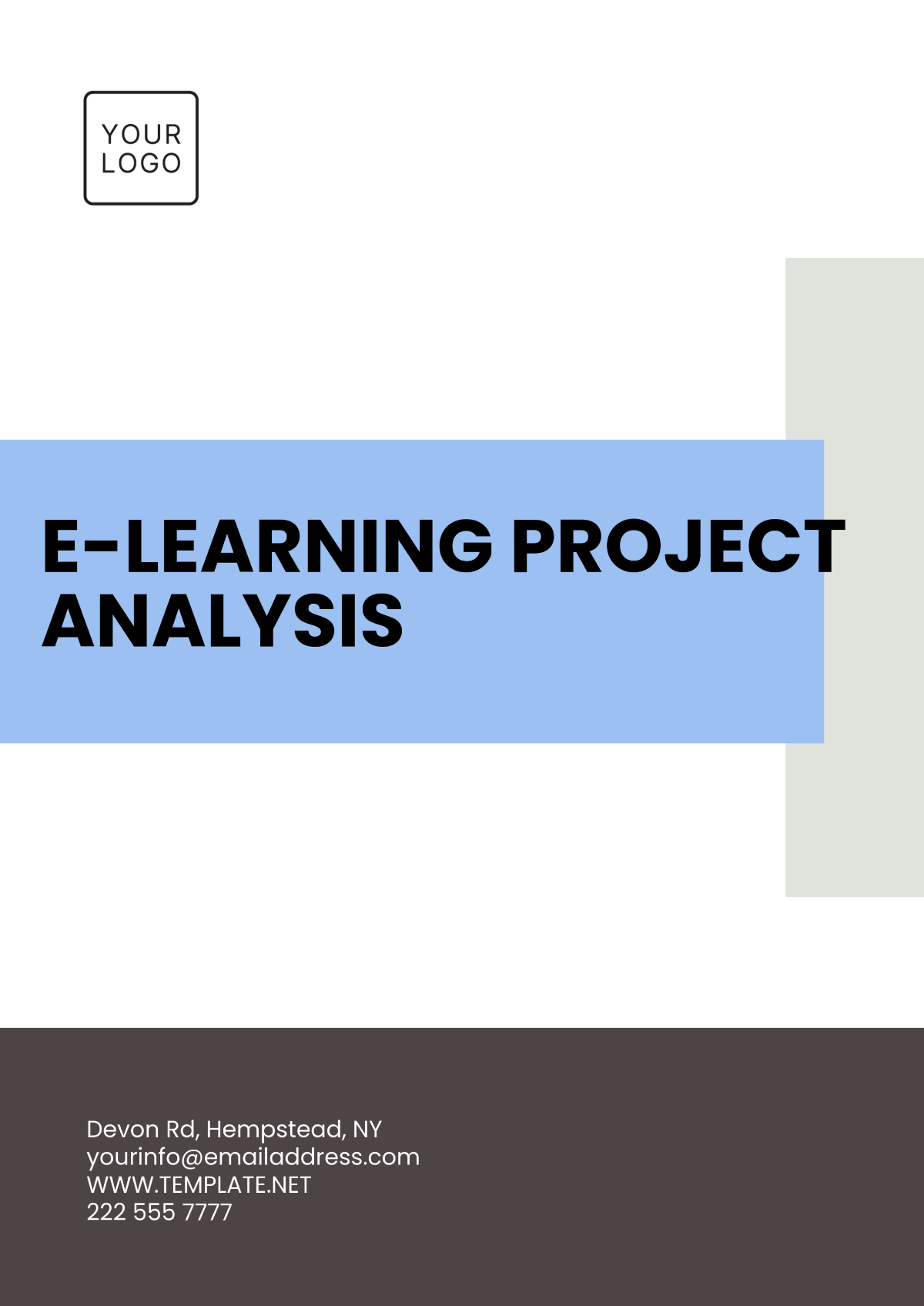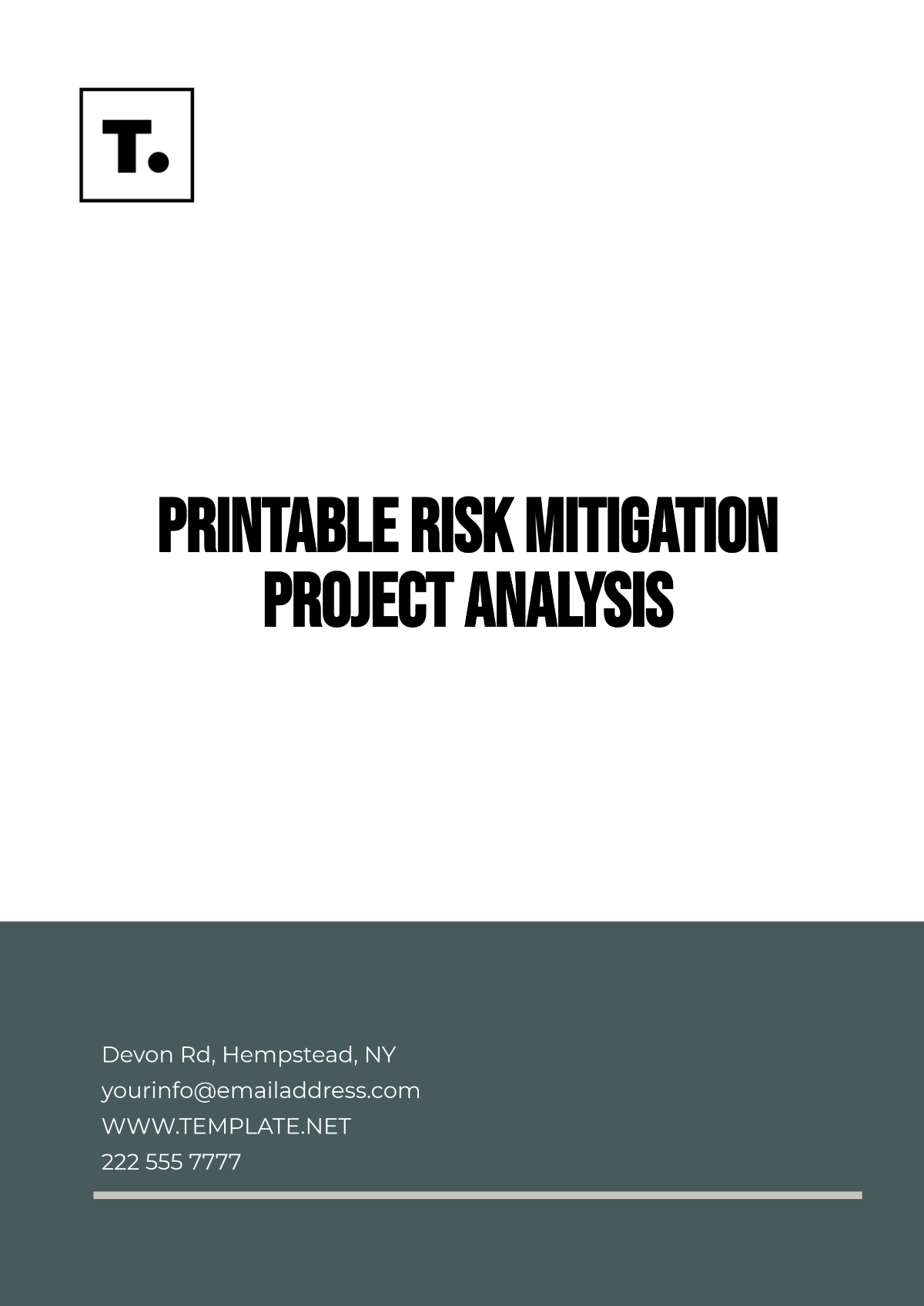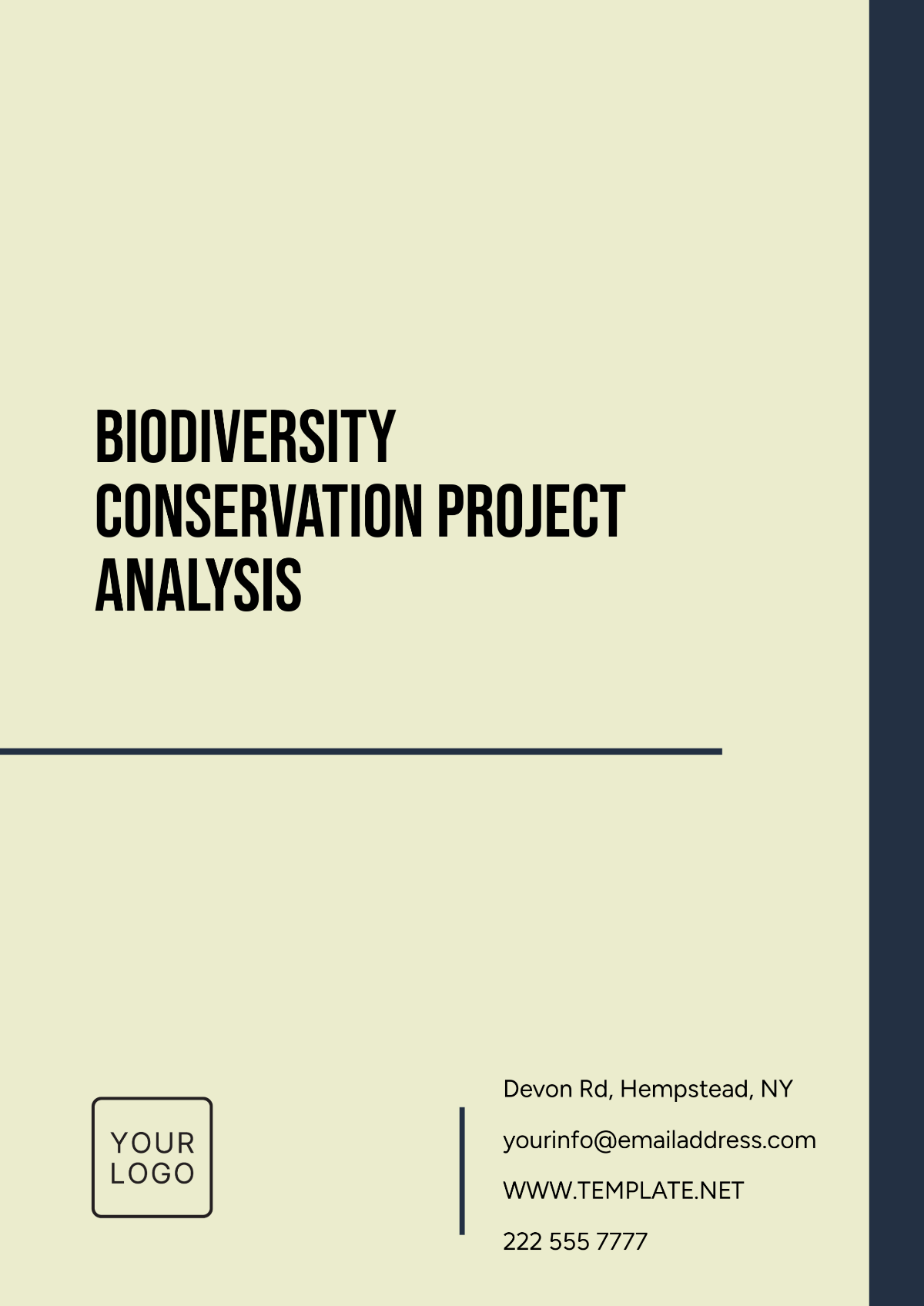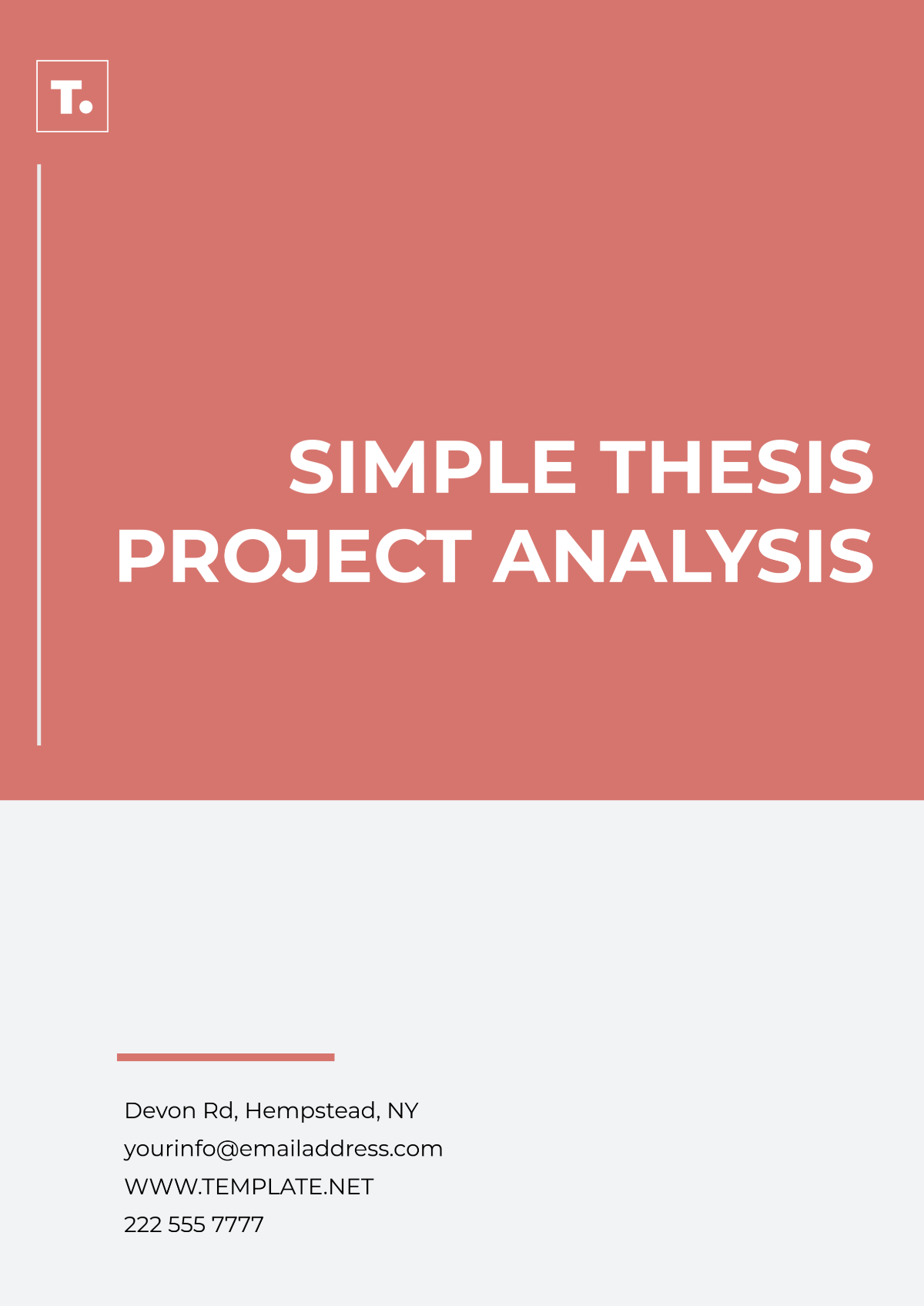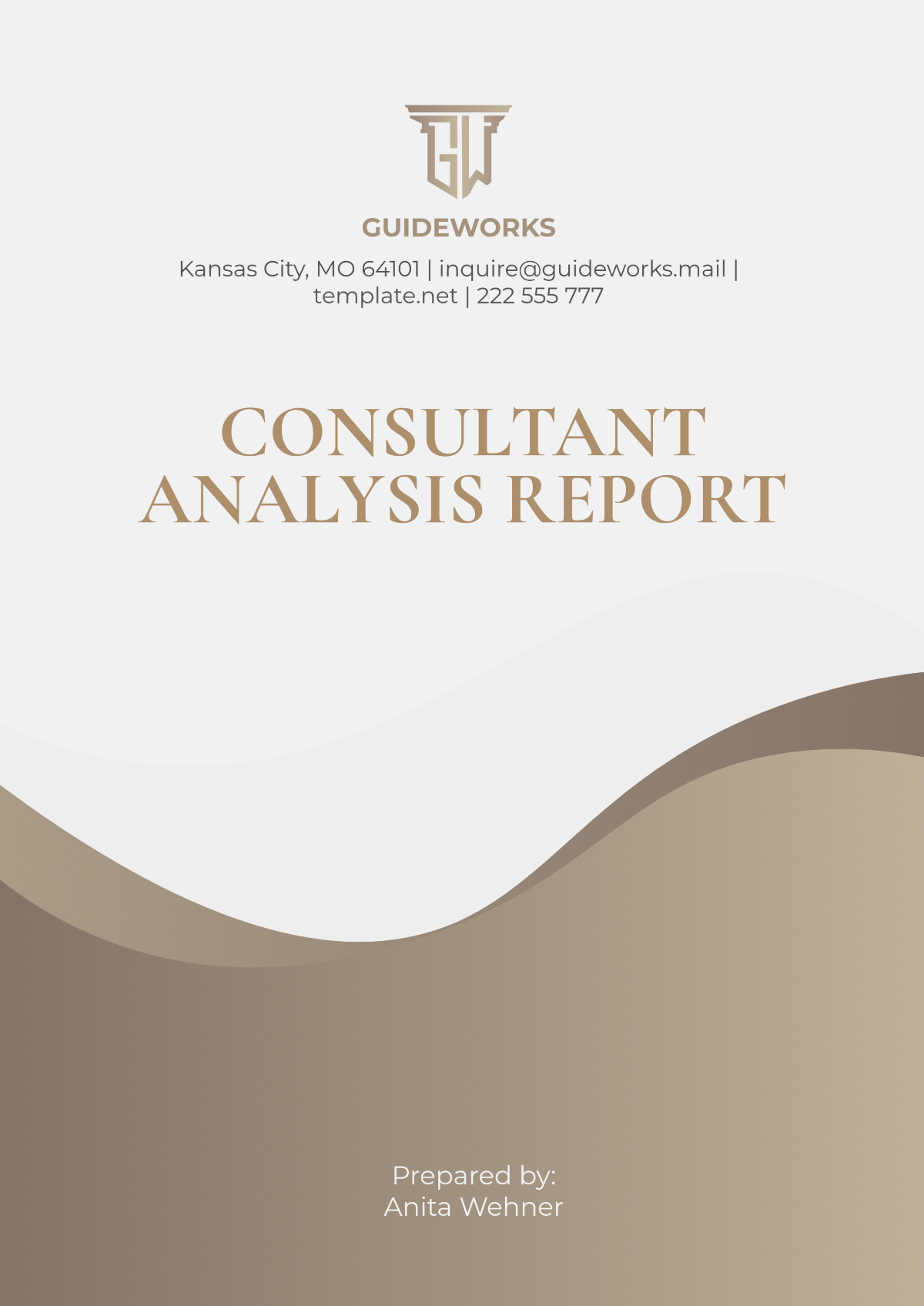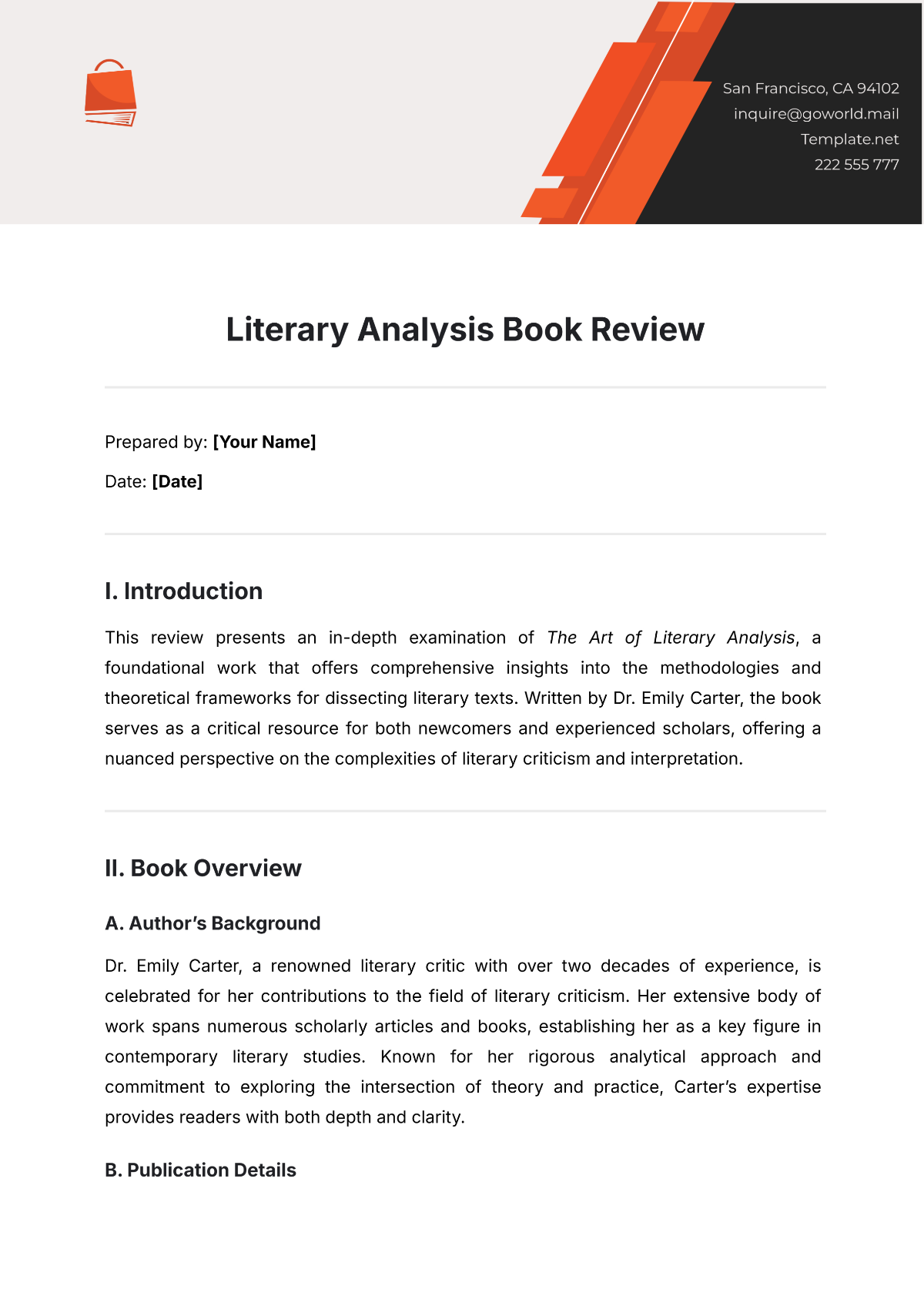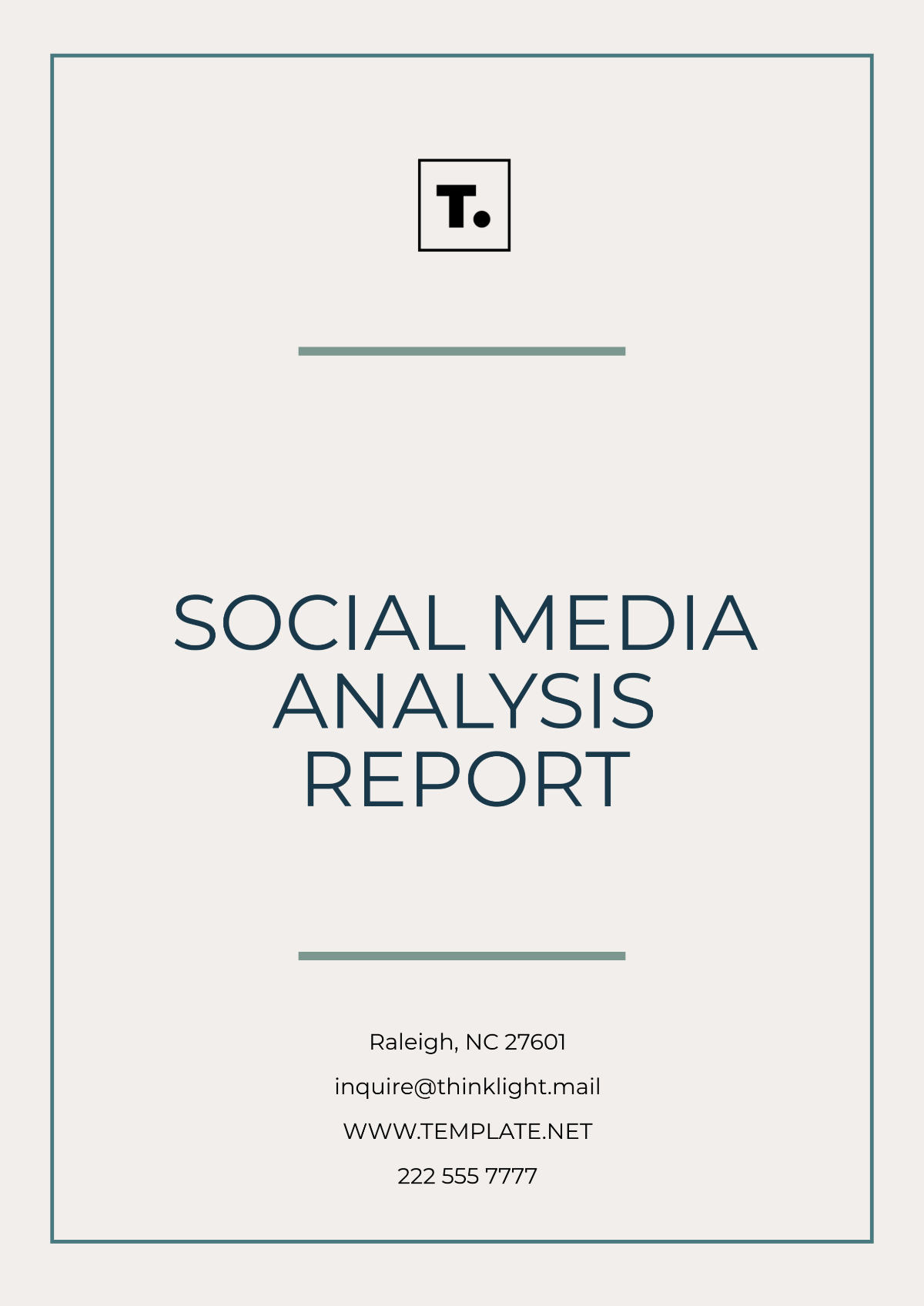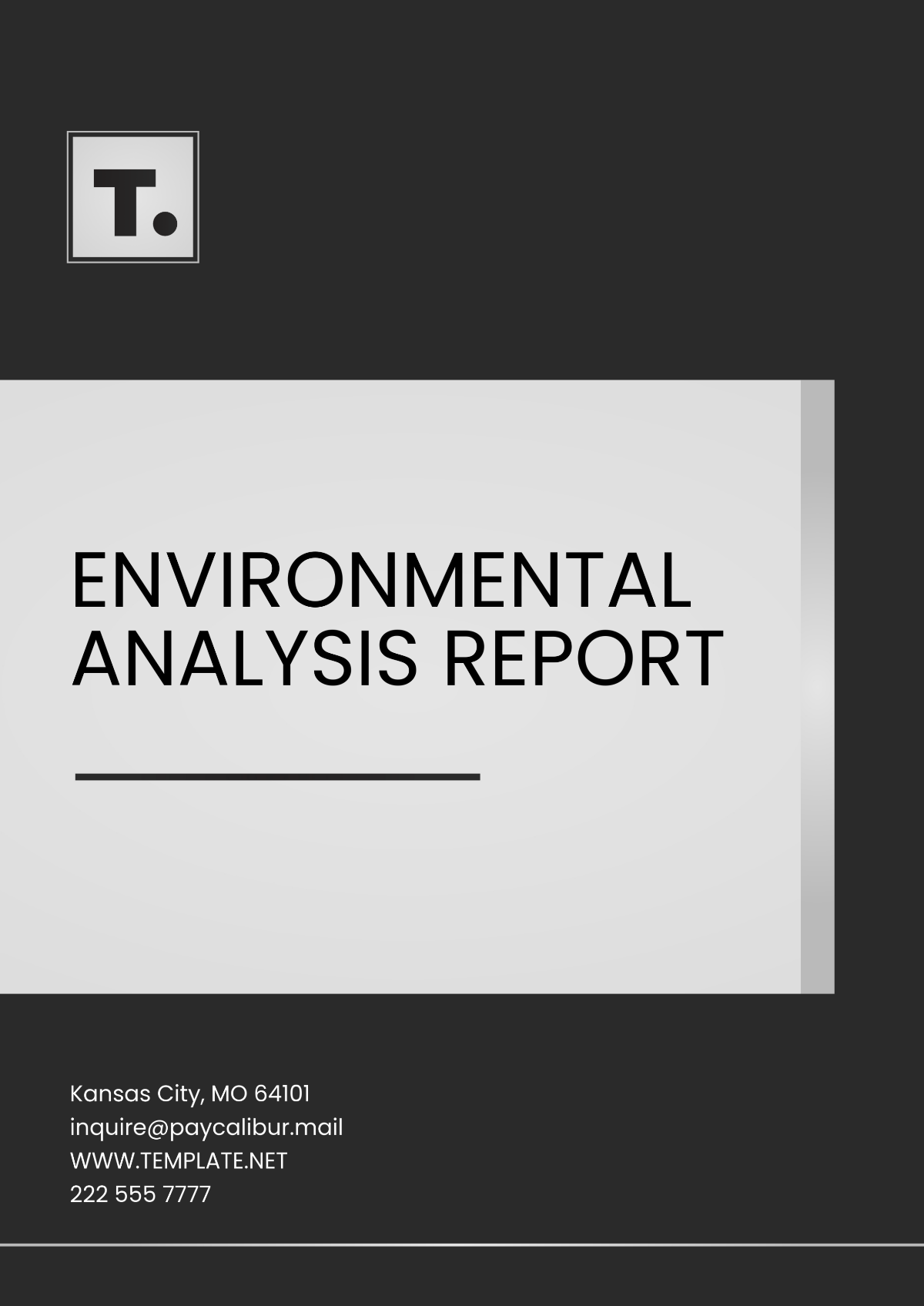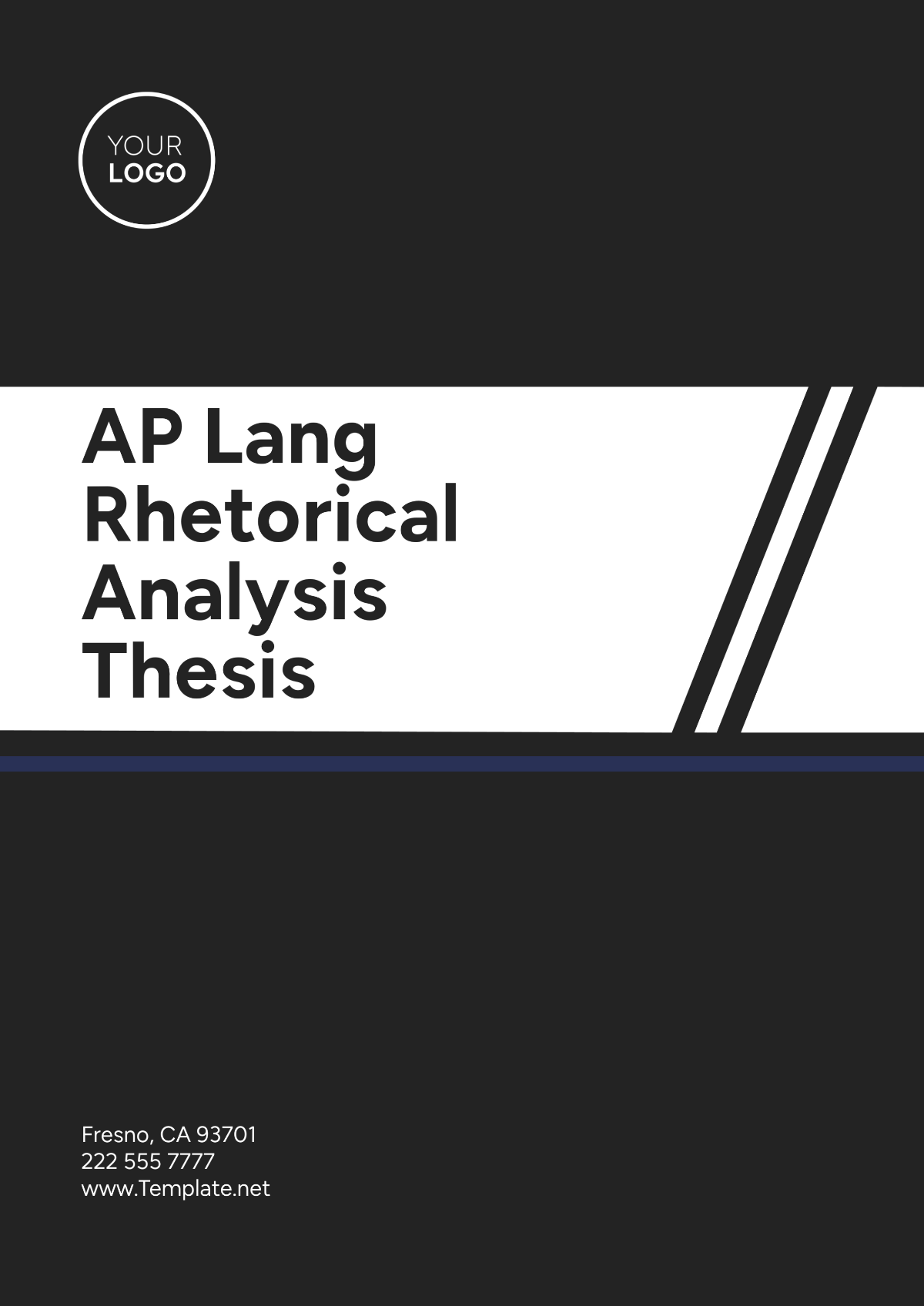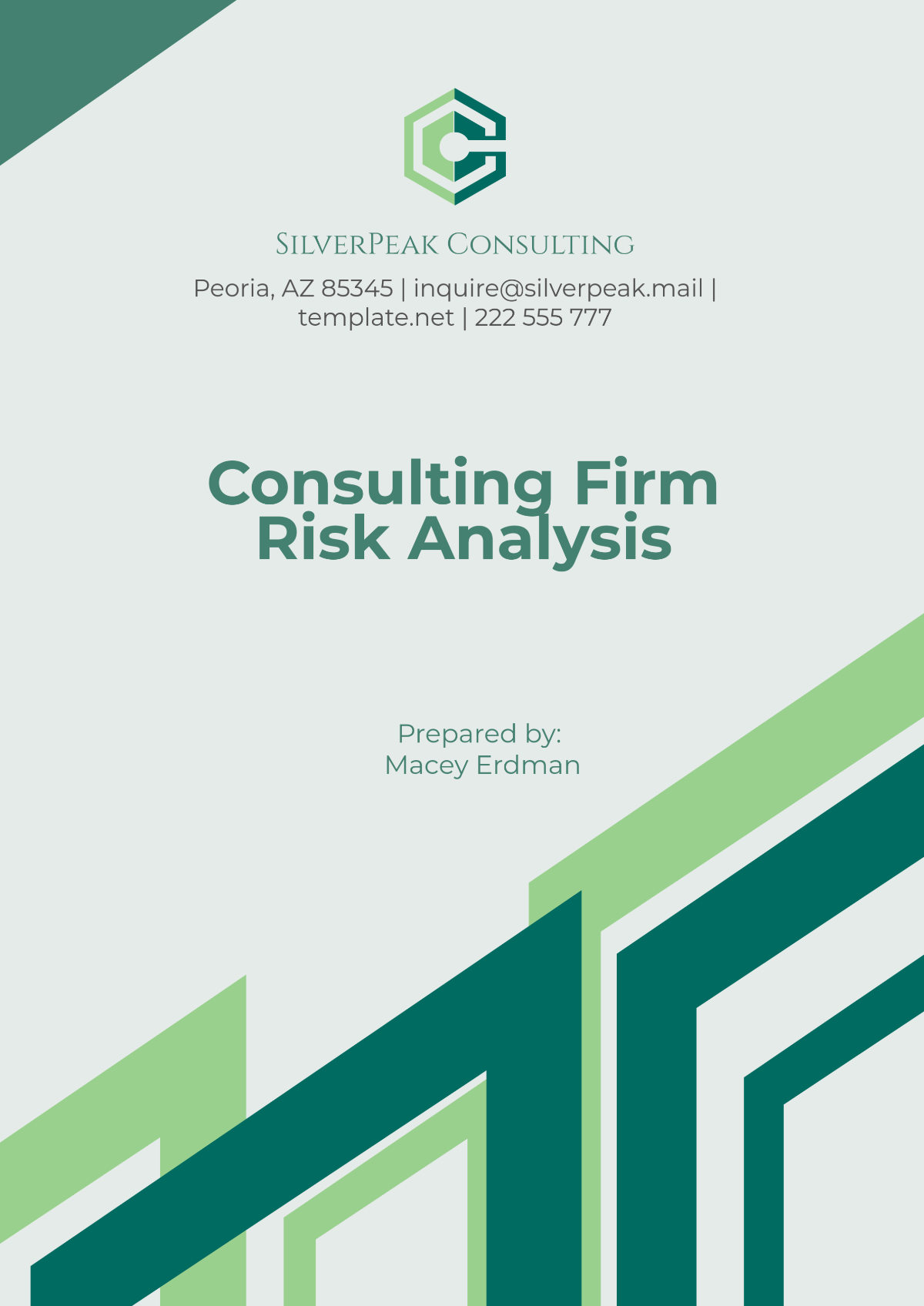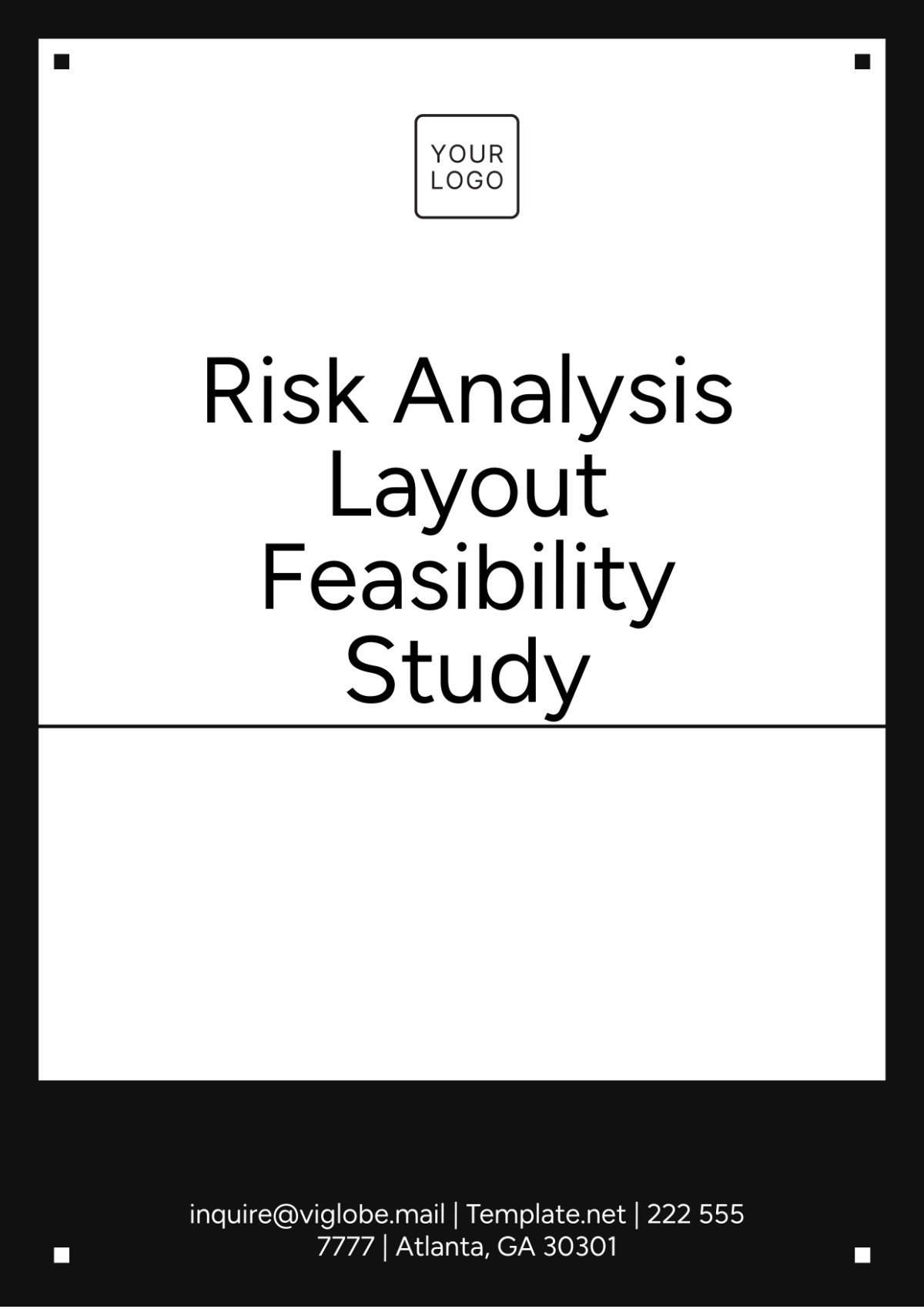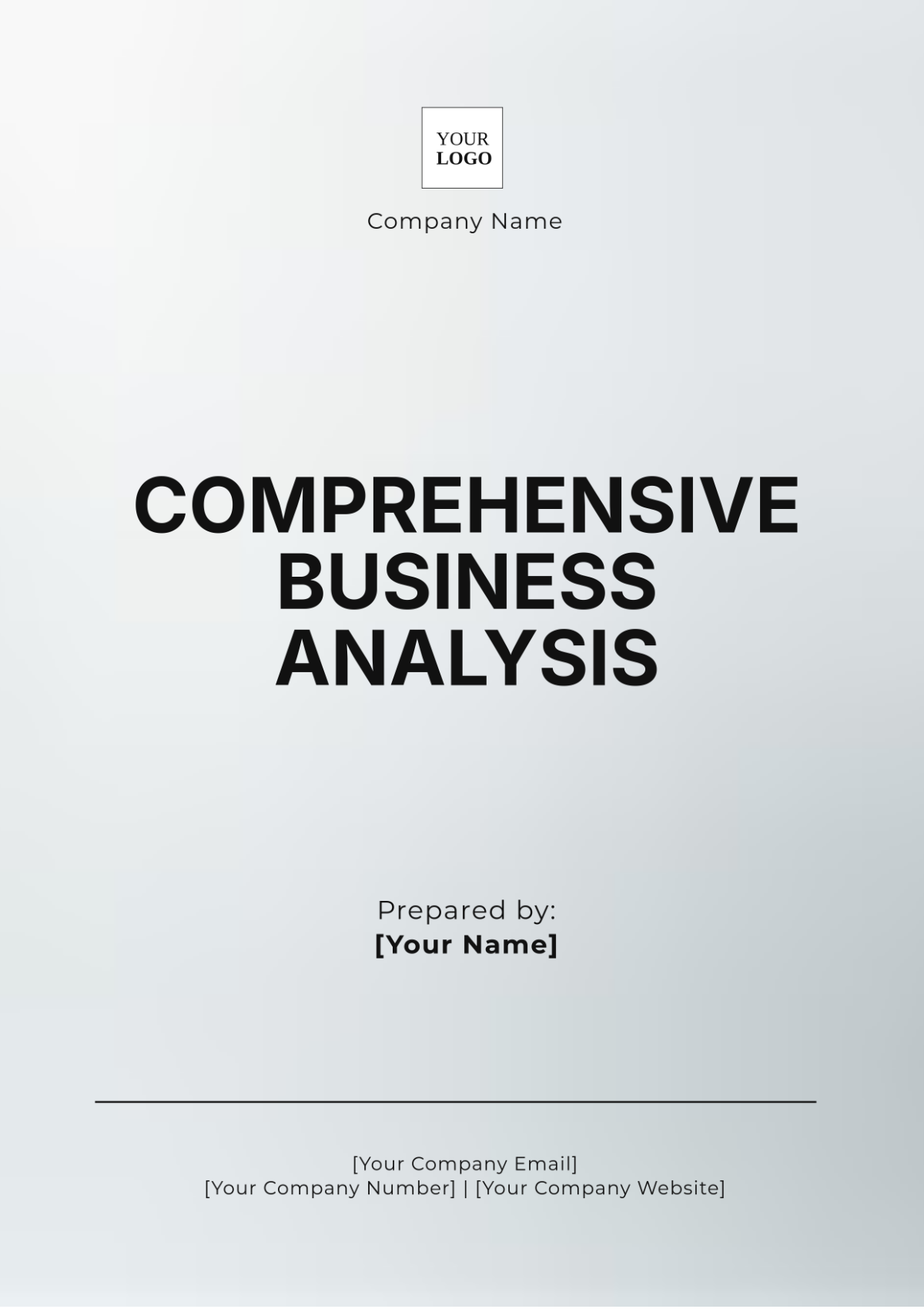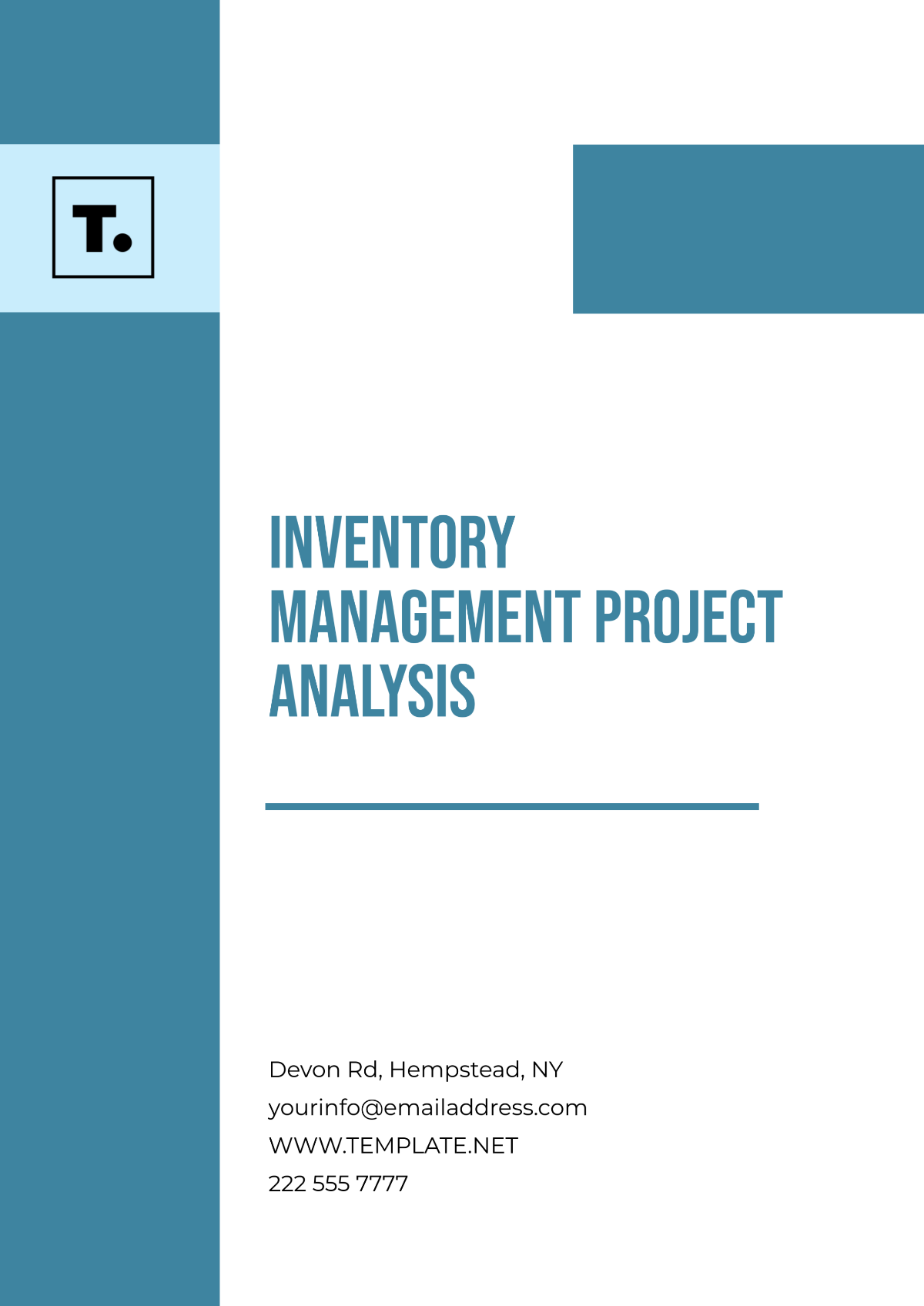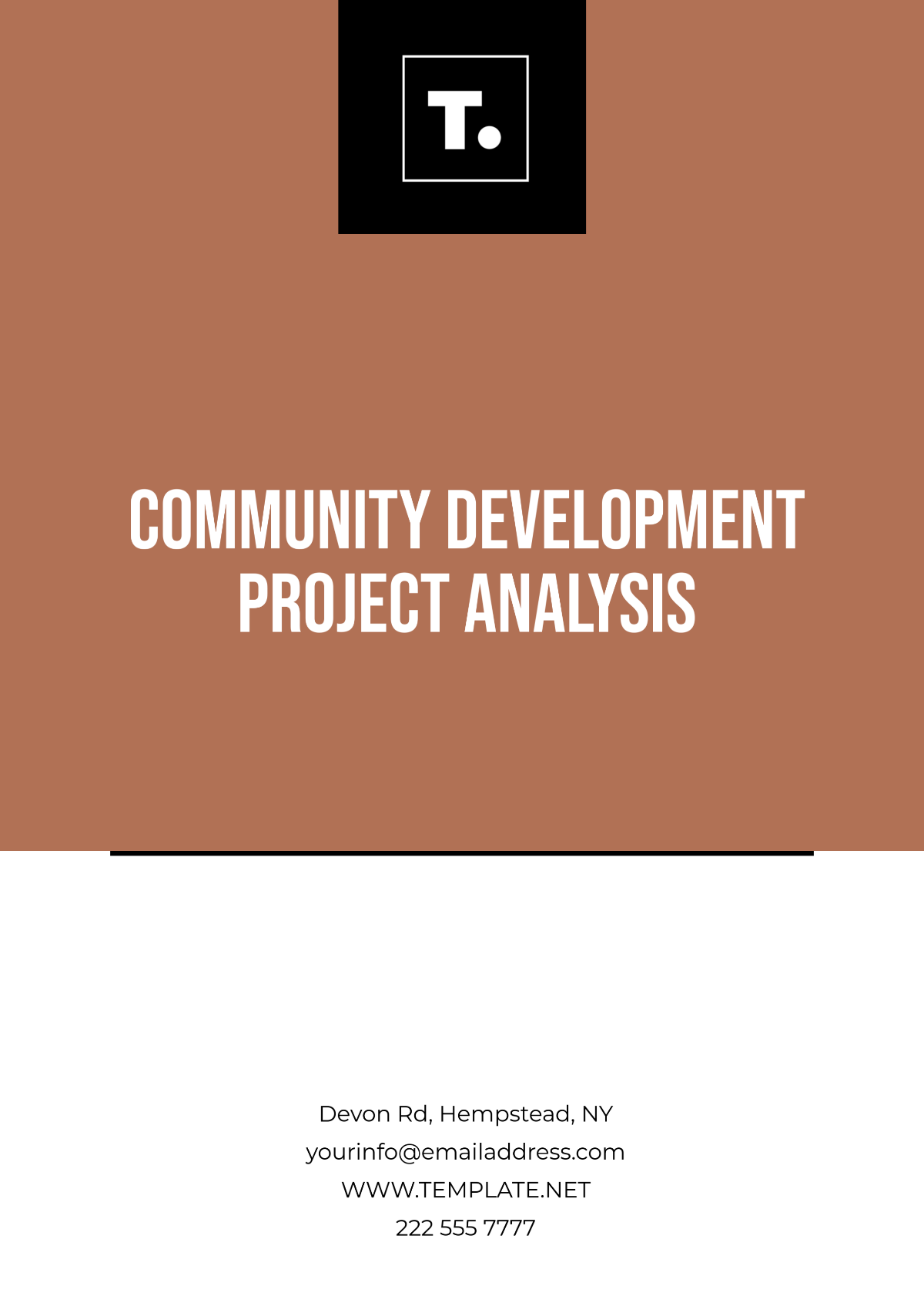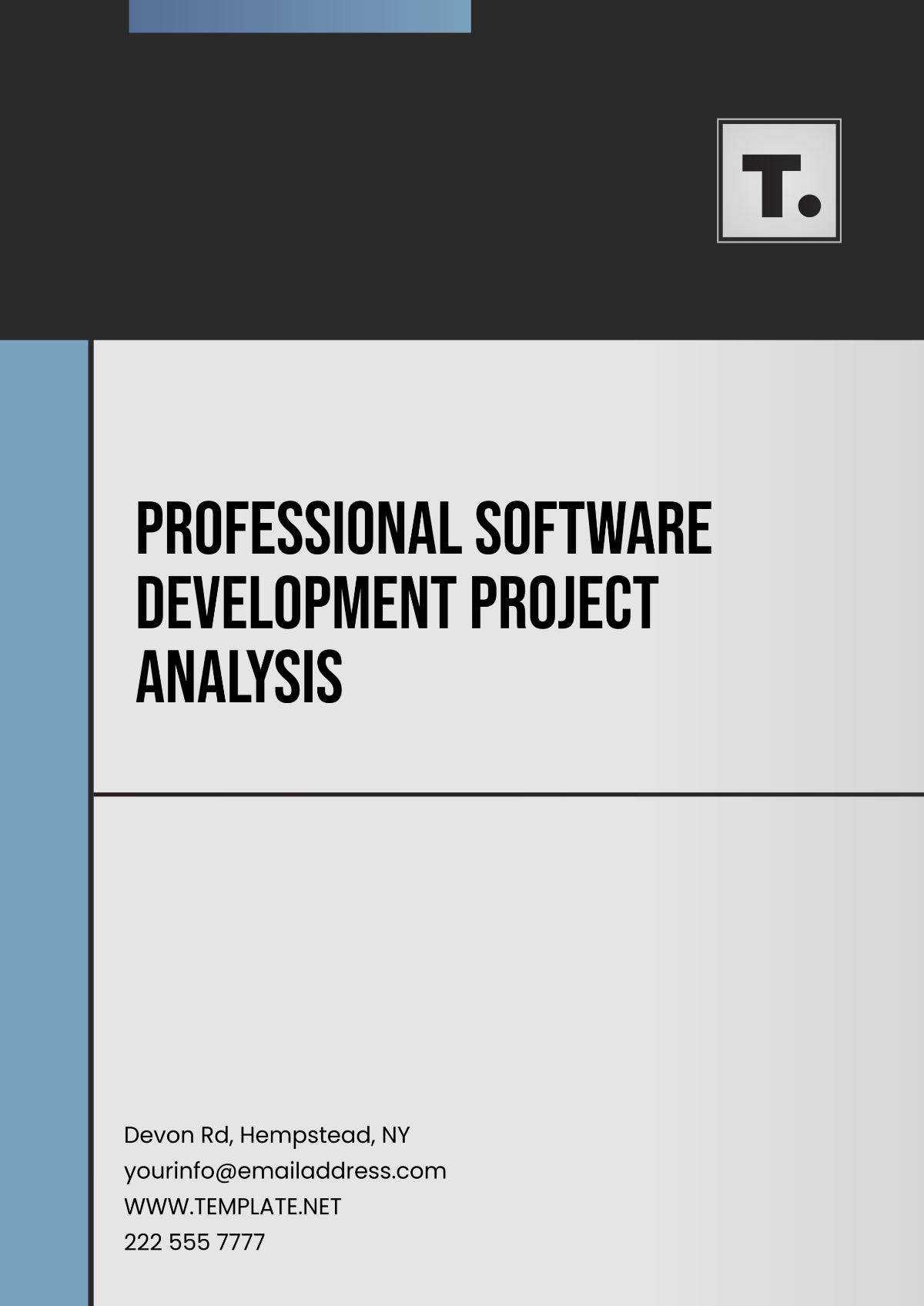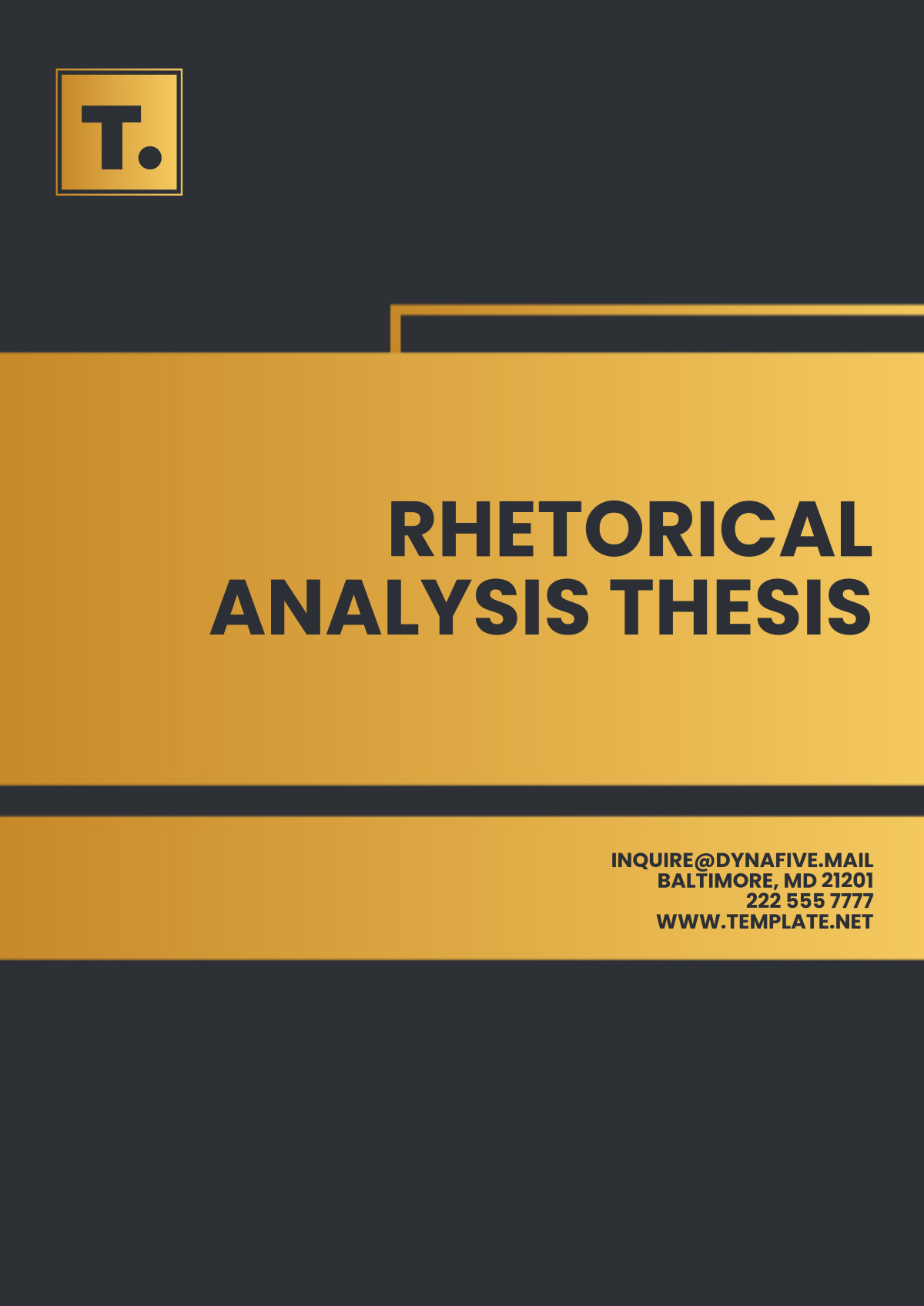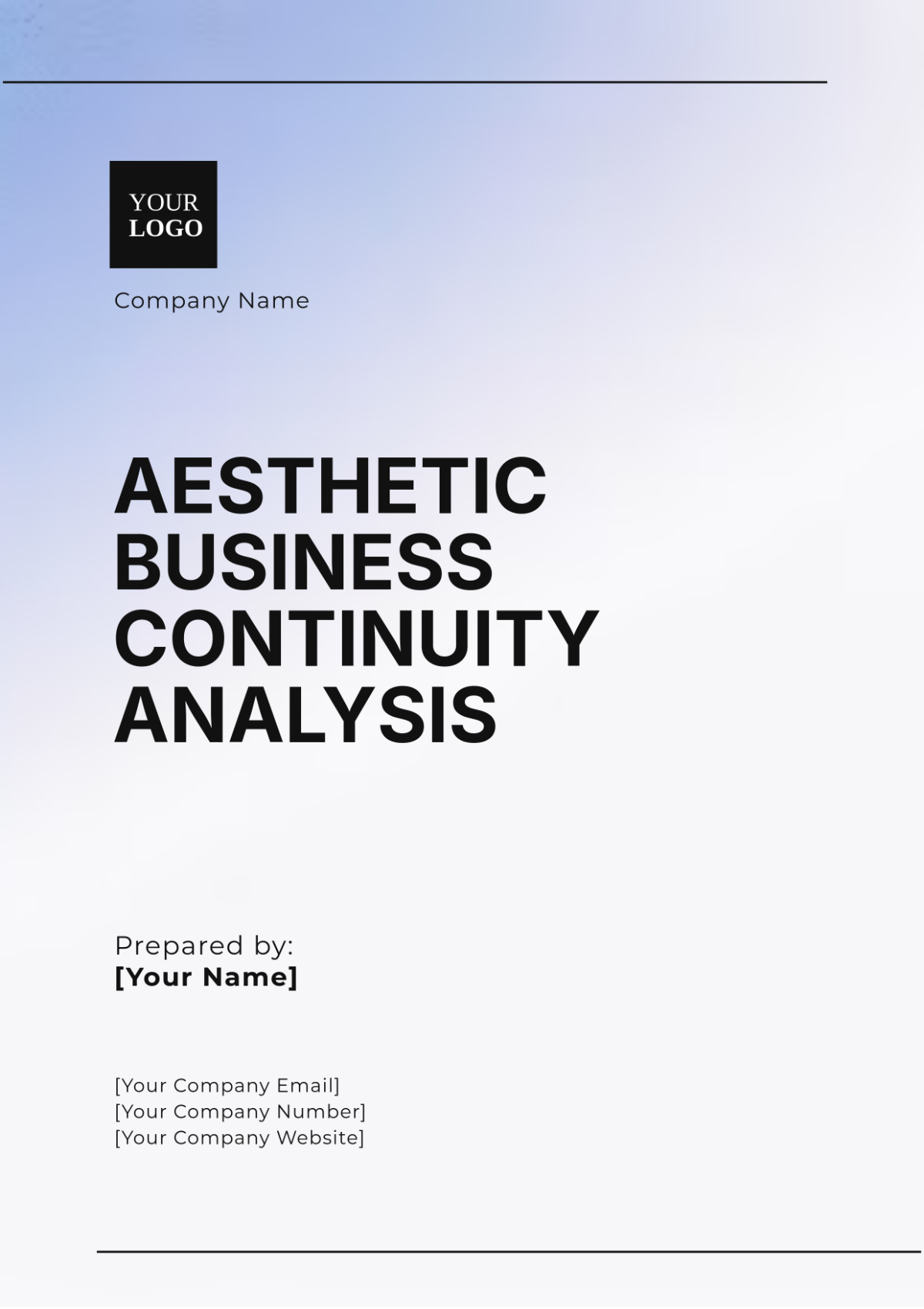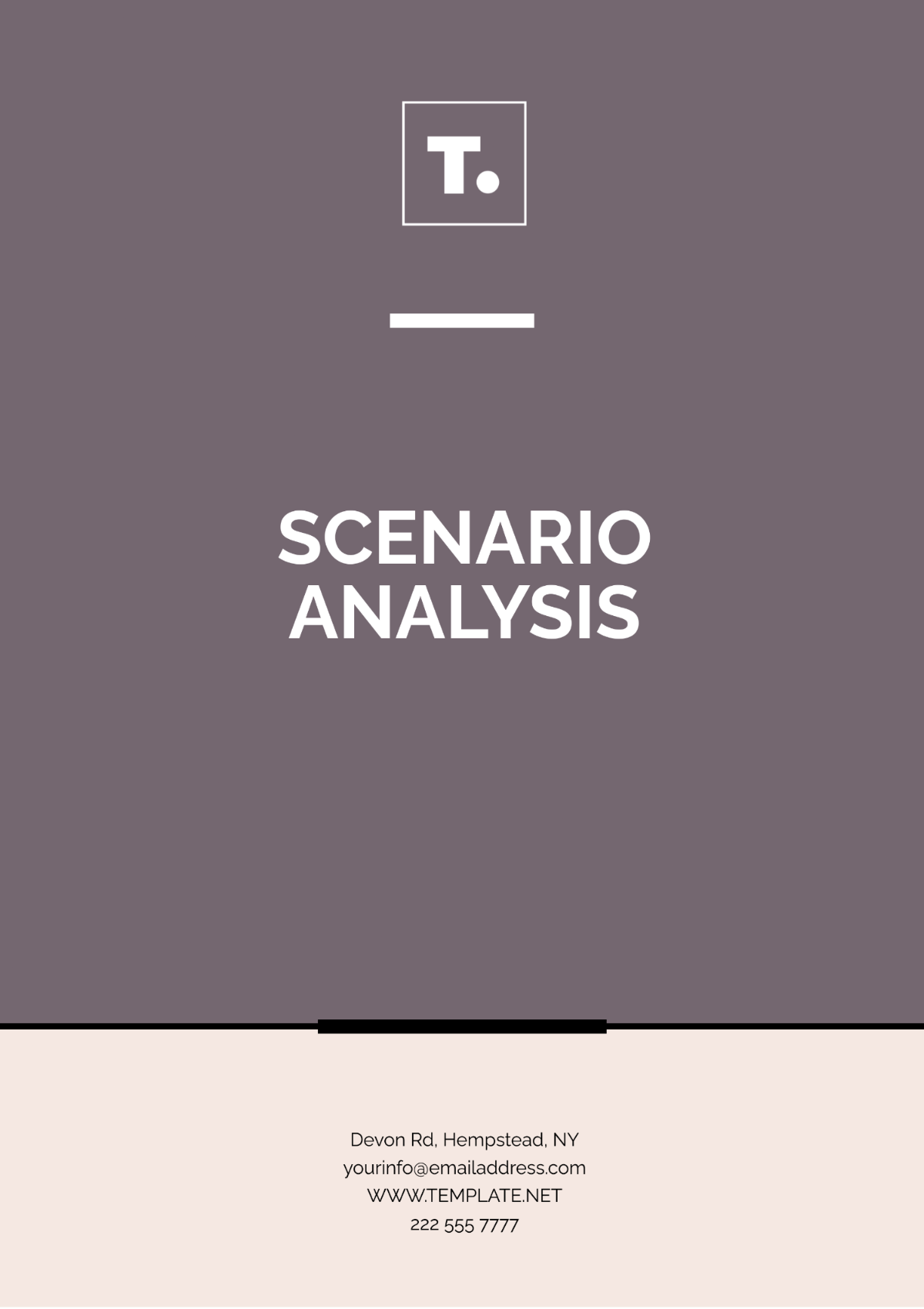Educational Theory Content Analysis
Prepared by: [Your Name]
Date: [Date]
I. Introduction
Educational Theory Content Analysis is a rigorous, systematic method designed to examine, interpret, and evaluate educational theories and their associated content. This analysis aims to bridge theoretical constructs with practical applications, offering valuable insights for educational practices, policy-making, and future research. By delving into various educational theories, this analysis seeks to illuminate how theoretical frameworks can be applied to enhance learning experiences and educational outcomes in a rapidly evolving educational landscape.
II. Literature Review
Educational theories form the backbone of modern educational practices. This section explores foundational theories and examines recent advancements that have built upon these initial constructs. The review focuses on:
Constructivism: This theory asserts that learners build knowledge actively through experiences and interactions. The literature highlights how constructivist principles can be integrated into contemporary educational settings.
Behaviorism: Emphasizing observable behaviors and external stimuli, behaviorism has shaped practices involving reinforcement and conditioning.
Cognitivism: Centered on mental processes and the acquisition of knowledge, cognitivism provides strategies to enhance cognitive functions like memory and understanding.
Humanism: This theory prioritizes individual potential and self-actualization, advocating for learner-centered approaches and holistic education.
Recent research also explores the impact of technological advancements in education, socio-cultural influences on learning, and emerging paradigms such as Connectivism. This review synthesizes findings from scholarly articles, books, and empirical studies, providing a comprehensive understanding of how these theories influence current educational practices.
III. Methodology
The methodology for this content analysis follows a multi-phase process to ensure thorough examination:
Identification: Selection of key educational theories and relevant content for analysis.
Collection: Gathering of academic resources, including scholarly articles, books, and research findings pertinent to these theories.
Examination: Application of both qualitative and quantitative methods to analyze and interpret the collected data.
Synthesis: Integration of insights to form coherent conclusions and actionable recommendations.
This structured approach facilitates a detailed examination of educational theories and their practical implications, ensuring a robust analysis.
IV. Analysis and Findings
IV.I Constructivism
Constructivism suggests that learners construct their understanding through experiences. Key findings include:
Implications for Practice: Promotes active learning strategies, problem-solving, and collaborative activities.
Policy Recommendations: Advocates for policies supporting experiential learning and inquiry-based education.
Future Research: Suggests exploring constructivist principles within digital learning environments to enhance engagement and interactivity.
IV.II Behaviorism
Focuses on observable behaviors shaped by external stimuli. Key findings include:
Implications for Practice: Effective use of reinforcement and punishment techniques to modify behavior.
Policy Recommendations: Development of policies that encourage behavioral interventions for classroom management.
Future Research: Investigates the long-term impacts of behaviorist strategies on student outcomes.
IV.III Cognitivism
Centers on cognitive processes involved in learning. Key findings include:
Implications for Practice: Implementation of instructional strategies to improve memory retention and comprehension.
Policy Recommendations: Supports ongoing teacher training in cognitive instructional methods.
Future Research: Calls for research on cognitive load theory and its applications in diverse educational contexts.
IV.IV Humanism
Emphasizes personal growth and self-actualization. Key findings include:
Implications for Practice: Encourages a student-centered approach, focusing on individual growth and personal development.
Policy Recommendations: Endorsement of policies that integrate holistic educational practices.
Future Research: Examines the application of humanistic principles across different cultural settings.
V. Discussion
The analysis reveals significant implications for educational practice and policy. The integration of Constructivism and Humanism advocates for personalized, experiential learning environments, contrasting with Behaviorism's structured approach. The role of technology emerges as a crucial factor in all theories; for instance, constructivist principles can be enhanced through digital platforms that promote interaction and engagement, while behaviorist strategies can leverage technology for immediate feedback and monitoring.
It is essential to explore how these theoretical frameworks intersect and adapt to modern educational needs, ensuring that practices and policies remain relevant and effective.
VI. Conclusion
This Educational Theory Content Analysis highlights the dynamic relationship between theory and practice. By examining Constructivism, Behaviorism, Cognitivism, and Humanism, this analysis provides insights into their practical applications and implications for educational practices, policies, and research.
Future efforts should focus on collaborative exploration and integration of these theoretical insights to advance educational practices, ensuring they are adaptable, inclusive, and forward-thinking in the context of the evolving educational landscape.
VII. References
Smith, J. A. (2052). Foundations of Educational Theory. Academic Press.
Brown, L. B., & Green, M. C. (2054). Educational Theories in the Digital Age. Journal of Educational Research, 39(2), 112-130.
Johnson, K. D. (2055). Applying Constructivism in Modern Classrooms. Retrieved from http://www.educationaltheories.edu/constructivism
